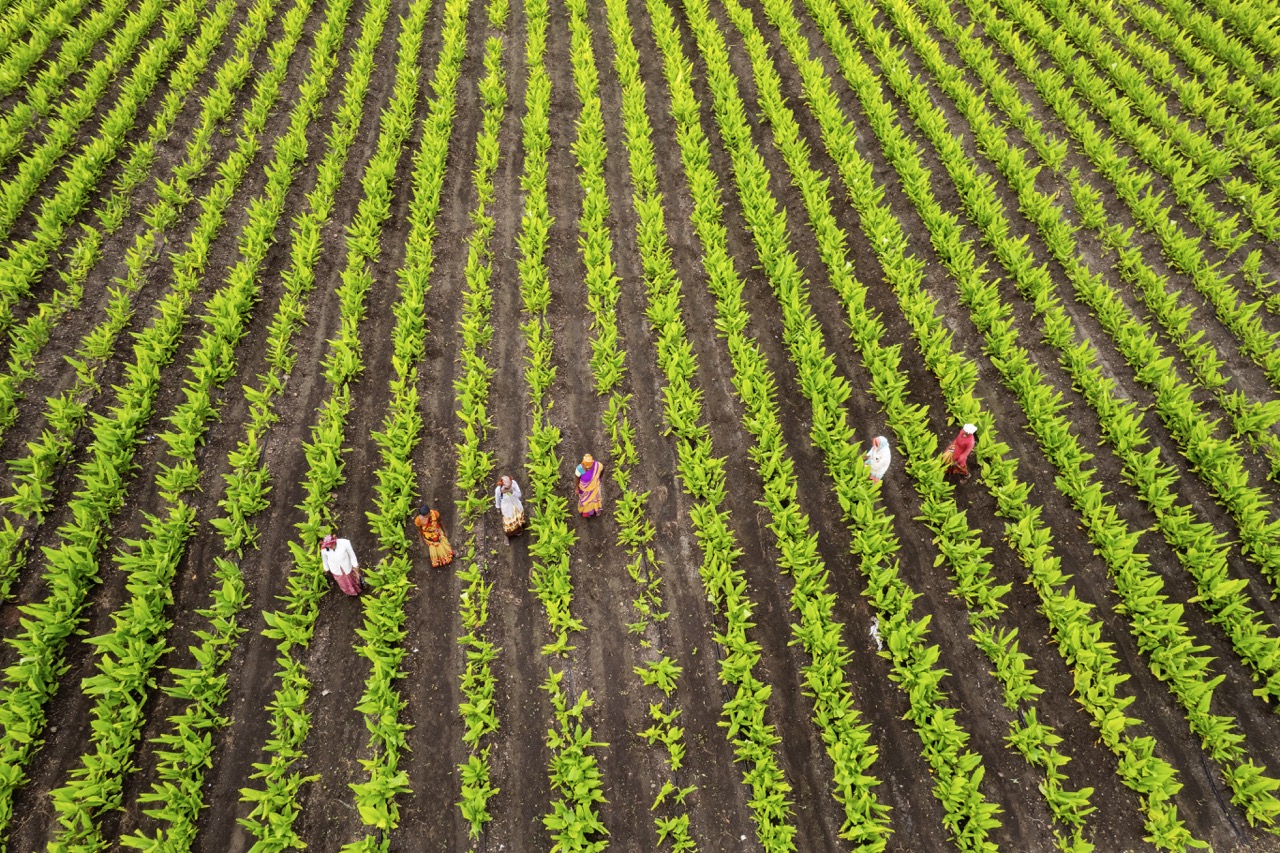Sharecropping has long been a significant agricultural practice, particularly in regions where land ownership is concentrated among a few individuals or entities. While sharecropping can provide opportunities for those without capital to cultivate crops, it can also lead to exploitation if agreements are not carefully constructed and monitored. Ensuring fair compensation is crucial for the success and sustainability of sharecropping arrangements. This article delves into the fundamentals of sharecropping agreements, key factors affecting fair compensation, best practices for negotiating terms, and available legal protections for sharecroppers.
Understanding the Basics of Sharecropping Agreements
Sharecropping is a system where landowners allow individuals, typically referred to as sharecroppers, to cultivate their land in exchange for a share of the crops produced. This arrangement can be mutually beneficial, offering landowners an efficient way to utilize their land while providing sharecroppers with a means of livelihood. However, the intricacies of these agreements can vary widely, often influenced by local customs and legal frameworks. It is essential for both parties to clearly understand the terms to avoid misunderstandings that can lead to disputes.
At the core of a sharecropping agreement is the division of the crop yield. Traditionally, the sharecropper receives a substantial portion, often ranging from one-third to one-half of the harvest. However, other factors such as the type of crops being cultivated, the quality of land, and local market conditions can influence this division. It is vital for sharecroppers to engage in thorough discussions with landowners to establish a fair and transparent compensation structure. Both parties must also consider expenses related to land preparation, planting, and harvesting, as these will factor into any profit-sharing calculations.
Furthermore, a well-documented agreement serves as both a legal safeguard and a reference point throughout the farming season. This document should outline each party’s responsibilities, including what inputs are provided by the landowner, such as seeds and equipment, and what the sharecropper is expected to contribute in terms of labor. By establishing clear, written agreements, both parties can avoid potential conflicts and misunderstandings that might arise during the cultivation process.
Key Factors Influencing Fair Compensation in Agriculture
Several critical factors can influence the fairness of compensation in sharecropping agreements. One of the most significant elements is the market price of crops. When market prices are high, sharecroppers may expect a larger share of the profits, while low prices could lead to disputes over what constitutes fair compensation. Understanding market trends and pricing dynamics is essential for both landowners and sharecroppers to negotiate equitable terms.
Soil quality and climate conditions also play a crucial role in determining compensation. Land that yields high-quality crops consistently may justify a higher share of profits for the landowner, while poorer quality land may necessitate a more favorable arrangement for the sharecropper. Additionally, the risk of crop failure due to adverse weather conditions can significantly impact the earnings of both parties, making it imperative to consider these factors during negotiations.
Lastly, labor costs and the level of expertise the sharecropper brings to the table can also affect compensation. If a sharecropper has specialized skills or knowledge that can enhance crop yields, they may be entitled to a larger share. Conversely, if the landowner provides significant technical assistance or resources, this too should be factored into the agreement. Recognizing the unique contributions of each party is essential for establishing a fair compensation model.
Best Practices for Negotiating Sharecropping Terms
Negotiating sharecropping terms requires careful preparation and open communication between landowners and sharecroppers. Before entering negotiations, both parties should conduct thorough research on prevailing agricultural practices, market conditions, and legal frameworks governing sharecropping in their region. This groundwork will provide a foundation for informed discussions and help facilitate a more equitable agreement.
During negotiations, transparency is paramount. Landowners and sharecroppers should openly discuss their expectations regarding profits, responsibilities, and any potential contingencies. This dialogue can help identify common goals and mitigate misunderstandings. Additionally, utilizing neutral mediators or advisors can often lead to more fruitful negotiations, as they can provide objective perspectives and expertise to help both parties arrive at a fair agreement.
Written contracts are essential to enforce the terms of the sharecropping agreement. Both parties should have the opportunity to review the contract thoroughly, and any ambiguities should be clarified before signing. Including clauses that address potential disputes, such as mediation processes or exit strategies, can provide additional security for both parties. By following these best practices, landowners and sharecroppers can work together to establish fair and sustainable agreements.
Legal Protections and Resources for Sharecroppers
Sharecroppers often face challenges in ensuring fair treatment and compensation, which can be exacerbated by a lack of knowledge regarding their rights. Various legal protections exist to safeguard the interests of sharecroppers. For instance, many jurisdictions have laws that govern agricultural labor practices and outline the responsibilities of landowners. Understanding these regulations is crucial for sharecroppers to protect themselves against potential exploitation.
In addition to legal protections, numerous resources are available to assist sharecroppers in navigating their agreements. Agricultural extension services, non-profit organizations, and cooperative associations can provide guidance on best practices, market trends, and legal rights. These entities often offer educational programs, workshops, and access to experienced advisors who can help sharecroppers negotiate better terms and understand their entitlements.
Furthermore, sharecroppers can benefit from engaging with legal aid organizations that specialize in agricultural law. These organizations can provide assistance in drafting contracts, representing sharecroppers in disputes, and advocating for their rights within the agricultural community. By leveraging these resources, sharecroppers can empower themselves and ensure that their compensation reflects the hard work and investment they put into their agricultural endeavors.
Ensuring fair compensation in sharecropping agreements is vital for the sustainability and success of agricultural practices that benefit both landowners and sharecroppers. By understanding the basics of these arrangements, recognizing key factors that influence compensation, employing effective negotiation strategies, and utilizing available legal protections and resources, stakeholders can create equitable agreements that promote mutual prosperity. As the agricultural landscape continues to evolve, fostering fair practices in sharecropping will remain essential to the well-being of both communities and the environment.










